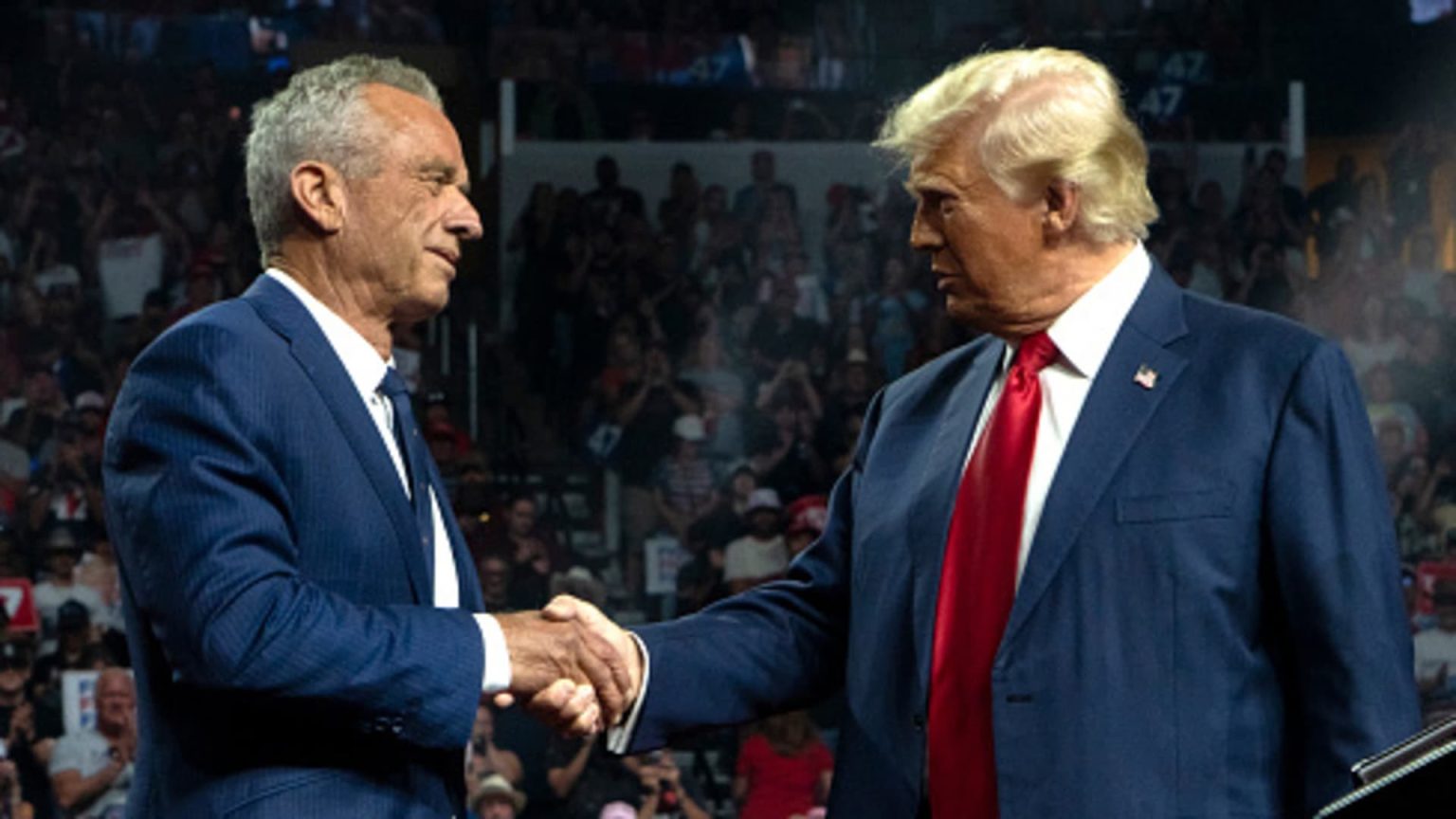Former independent presidential candidate Robert F. Kennedy Jr. faced setbacks in his attempt to withdraw from the race in North Carolina and Michigan after he suspended his campaign and endorsed Donald Trump. Despite his request to remove his name from the ballot in ten swing states, election authorities in North Carolina and Michigan rejected his request, stating that it was not practical to reprint ballots that had already been printed. These decisions were seen as a boon for Trump, who polled better in head-to-head matchups against Democratic nominee Kamala Harris than in multi-candidate races in those states.
In North Carolina, the state appeals court granted Kennedy’s request to remove his name from the ballot, halting the process of mailing out absentee ballots that had already been printed. The State Board of Elections had initially voted against allowing Kennedy’s withdrawal, citing the deadline to start absentee voting and the impracticality of reprinting ballots. While the state election board’s general counsel acknowledged the court’s decision and the removal of Kennedy from the ballot, he indicated that the board was still considering whether to appeal the ruling, highlighting the complexity of the situation and the challenges involved in making changes to the voting process.
In Michigan, Kennedy encountered a similar obstacle to his withdrawal efforts based on state law that prevents minor party candidates from withdrawing from the presidential race. Despite filing a lawsuit against Michigan Secretary of State Jocelyn Benson over the decision, a judge ruled to keep Kennedy’s name on the ballot. However, the appeals court decision on Friday reversed this ruling, granting Kennedy’s request to be removed from the ballot. As a result, he no longer appears as a candidate in Michigan, aligning with his efforts to support Trump in the presidential race.
With the recent rulings in North Carolina and Michigan in favor of Kennedy’s withdrawal, Wisconsin remains the only state where his request has been rejected. The Wisconsin Elections Commission chose to keep Kennedy on the ballot despite his efforts to withdraw from the race. In response, Kennedy filed a lawsuit challenging the decision in Wisconsin, continuing his legal battles to remove his name from the ballot in all swing states where he had initially qualified as a candidate. The complexity of the legal process and the implications of these decisions underscore the challenges faced by minor party candidates in adjusting their roles in the presidential race.
Kennedy’s decision to suspend his campaign and endorse Trump in select swing states has raised questions about the impact of third-party candidates on the outcome of the presidential race. By attempting to withdraw from the ballot in states where he believed Trump would benefit from a head-to-head matchup with Harris, Kennedy aimed to consolidate support for the Republican nominee. The legal hurdles and uncertainties surrounding these efforts reflect the intricacies of the electoral process and the intricacies of ballot access laws in different states. As the presidential race intensifies, the resolution of these legal battles will shape the dynamics of the election and the options available to voters.


